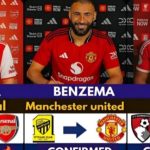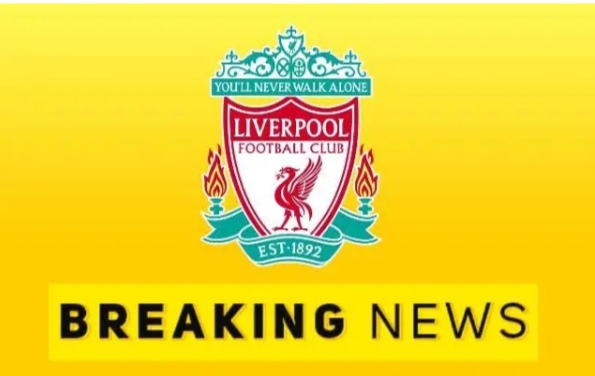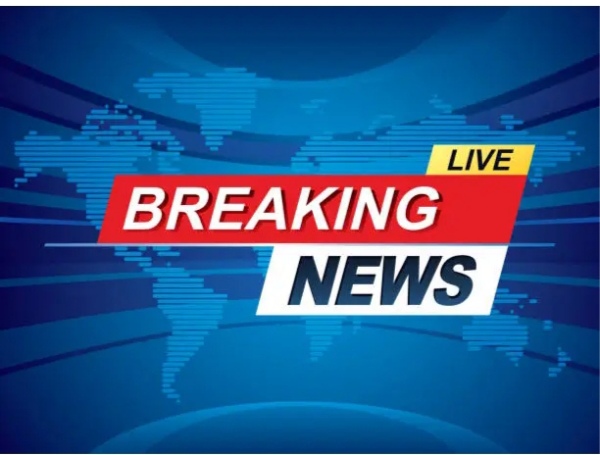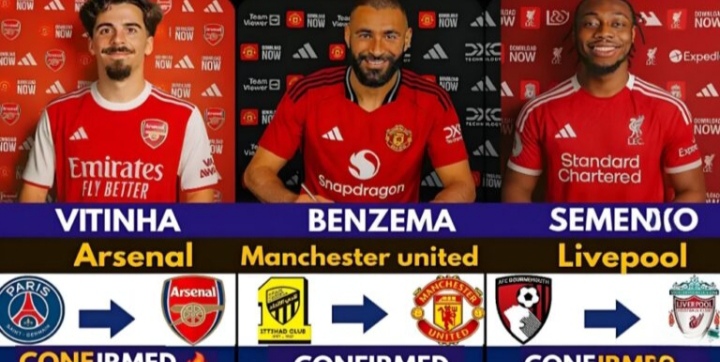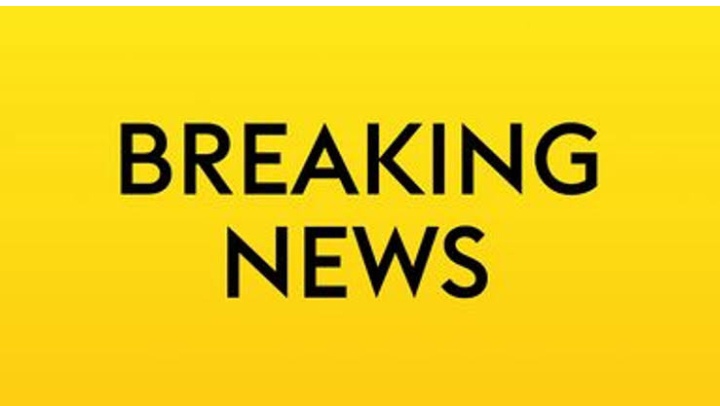Tottenham Hotspur have never been a club short on drama. Every season, and almost every match, they walk the fine line between chaos and hope. Their most recent Premier League encounter with Wolverhampton Wanderers perfectly embodied this “Spurs DNA.” It was a chance to close in on the league leaders, to show intent under new boss Thomas Frank, yet they slipped into familiar habits—frustration, inconsistency, and a late rescue.
On paper, it should have been a routine win. Wolves arrived on the back of five straight league defeats, fragile and low on confidence. But instead of dominating, Tottenham faltered. They lacked sharpness, creativity, and urgency. Wolves, organised and stubborn, made life difficult. For most of the game it seemed Spurs would be punished—until Joao Palhinha stepped up.
The Portuguese midfielder, on loan from Bayern Munich, has quickly become the heartbeat of Frank’s side. Not as dazzling as Kudus or Simons, nor a star name like the departed Son, he brings something Spurs have long missed: grit and leadership in midfield. Against Wolves, he not only bossed duels and tackles but also delivered the defining moment—a thunderous stoppage-time strike to salvage a point.
Palhinha’s goal was more than an equaliser. It was a statement: Spurs will fight until the final whistle. It reminded supporters that while the attack is still finding its rhythm, the team has a leader who refuses to let them crumble. His numbers spoke volumes—seven ground duels won, five tackles made, endless energy, and a decisive goal. Analyst Marcus Bring once called him a “defensive monster”; he proved again he is also a difference-maker.
But not every Spurs player impressed. Some looked out of place, and one in particular may have cost himself a spot in the XI—Djed Spence.
Spence’s Tottenham story has been a stop-start one, full of loans, injuries, and false dawns. Many hoped Frank could unlock his potential, but this display was underwhelming. He lost possession 12 times, created only one chance, attempted no dribbles, and contributed little in attack. Defensively he was fine, but Spurs’ system demands attacking full-backs. Frank hooked him after an hour, and the difference was clear: Pedro Porro looks the stronger option.
Spence has strengths—he’s physical and solid in one-on-one defending—but in a team chasing Champions League football, inconsistency won’t cut it. Spurs cannot afford a right-back who wins just 36% of his duels and offers little going forward. For Frank, the decision seems obvious: Porro should return.
Beyond individual performances, the Wolves match highlighted bigger concerns. The post-Son era has begun, and uncertainty looms. Kudus and Simons struggled, Richarlison misfired, and the attack looked blunt without their former captain’s spark. That is why Palhinha’s influence feels even more crucial. He might not be a striker, but his leadership and fight are holding the team together.
Still, one man cannot carry the whole side. Spurs need their forwards to deliver. Frank must get Kudus and Simons firing, and turn Richarlison into the reliable scorer Spurs lack. Without goals, they will continue to drop points.
For fans, this match was bittersweet. Palhinha’s late strike brought joy, but overall, it felt like two points wasted against a struggling opponent. Meanwhile, rivals Arsenal, City, and Liverpool continue to pull away.
In the bigger picture, Tottenham remain what they have long been: a team full of talent and potential but plagued by inconsistency. Frank has positives to build on—Palhinha’s brilliance, Udogie’s steady growth, and squad depth—but unless weak links are addressed, Spurs risk falling short again.
Spence may have been given his chance, but Spurs cannot afford passengers. Football is ruthless, and Porro waits in the wings.
Ultimately, this draw was about more than just one point gained—it was about identity, ambition, and standards. Tottenham want to shed their reputation as “nearly men,” and that requires bold calls. Dropping Spence is one of them.
Palhinha may have saved the result, but he cannot save the season alone. Others must step up—or Spurs will stay trapped in the same cycle: always close to greatness, yet never quite there.

